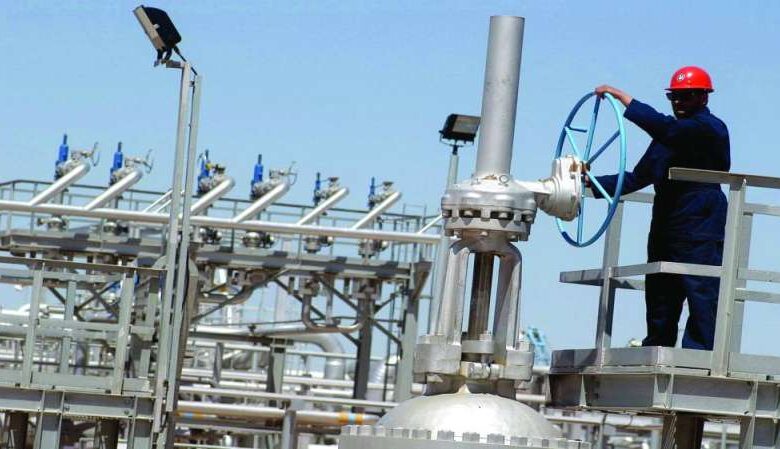
Standard & Poor’s Commodities Insights predicts a lackluster outlook for the low-sulfur fuel oil market this year, anticipating a potential buildup in inventory levels in the region.
The agency expects slower growth in demand for refining and distribution due to global macroeconomic concerns. It also notes that specially designed ships will likely drive increased consumption of high-sulfur content types, which are cheaper, reports Al-Rai daily.
While the Al-Zour refinery in Kuwait may not be a significant indicator of the low-sulfur fuel oil market in Asia, the addition of new production capacity in other regions, such as the upcoming Dangote refinery in Nigeria, is expected to contribute to excess fuel oil availability.
Despite concerns about exports from the Al-Zour refinery, traders expect a slight increase in the low-sulfur fuel oil market this year. The report indicates that fuel oil sales increased by 3.6% in 2023, reaching 31.219 million metric tons, while heavy fuel oil sales decreased to 60.2% from 62.9% in 2022.
Refining and distribution profits are expected to remain under pressure due to intensified competition and low-sulfur fuel oil inventories. The Al-Zour Refinery’s gradual supplies contributed to a weakening of low-sulfur fuel oil fundamentals in the first three quarters of 2023. However, exports ceased as Kuwait shifted to using low-sulfur fuel oil domestically for power generation and water desalination plants.
Despite expectations for stability at the Al-Zour refinery, concerns persist about its exports, and the surplus available for export is projected to shrink in the second quarter. Traders suggest that the Al-Zour Refinery’s exports may remain relatively unchanged or decrease somewhat.
The new Dangote refinery, with a capacity of 650,000 barrels per day, is also expected to impact the market when it begins operating tests and initial production.













